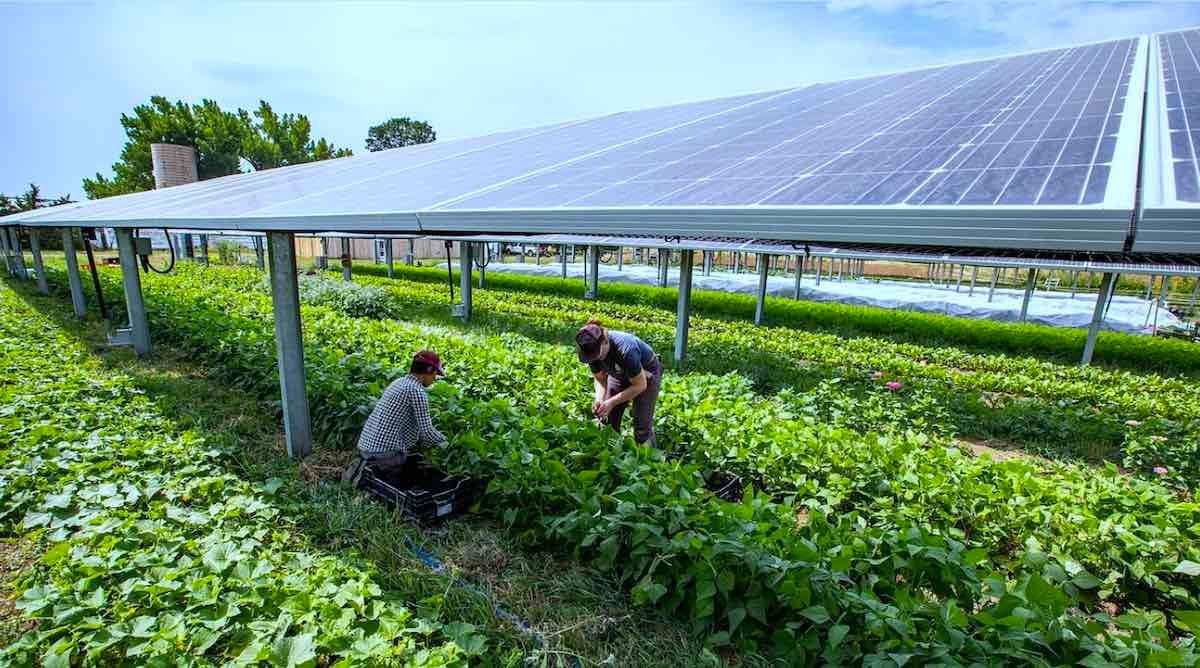Puerto Rico coronavirus statistics for November 30
According to the Puerto Rico Health Department, 93,462 people are believed to have been infected with COVID-19, an increase of 6,132 since November 23. This points to a decrease in the rate of new cases, as the increase between November 16 (when the total was 78,761) and November 23 was 8,569. The rate of increase of deaths also decreased, albeit slightly: the death toll is currently 1,106, with 74 of those having occurred during the last week. Comparatively, 90 people died from the virus between November 16 and November 23.
Beginning on November 7, the Health Department changed the way it recorded cases, splitting them between confirmed cases (as determined by molecular diagnostic testing), probable cases (as determined by antigen testing) and suspicious cases (as determined by serological, non-diagnostic testing). Viewed through that prism, Puerto Rico has had 50,988 confirmed cases, 1,577 probable cases, and 40,897 suspicious cases, since the virus arrived on the Island.
There are currently 622 people hospitalized due to COVID.
Despite some encouraging numbers, November was a catastrophic month, with cases peaking on seven different occasions during the month. Community transmission is high and contact tracing is often impossible, according to Víctor Ramos Otero, president of the Association of Surgical Medics. Any progress is likely to become undone as the holiday season progresses and people congregate in disregard of—or even open opposition to—current guidelines.
OPFEI’s Telegram scandal investigation results in no charges
The Office of the Panel on the Independent Special Prosecutors (OPFEI, in Spanish) determined last week that it will not press charges associated with the Telegram thread used by various government officials and associated parties last year, the discovery of which led to massive protests and the eventual resignation of former governor Ricardo Rosselló Nevares.
While transcripts indicated that most of the conversation involved protected speech, also found among the texts were instances of potentially prosecutable actions, such as breach of duty and negligence. Additionally, one of the parties was investigated for alleged threats made against San Juan mayor Carmen Yulín Cruz. However, the investigation did not ultimately unearth sufficient evidence to allow for prosecution, thanks in part to OPFEI’s failure to obtain access to versions of the chats which they could prove were complete and unedited.
Vital Health Plan expands to cover an additional 200,000 Puerto Ricans
Puerto Rico’s health plan, Vital, will be expanded to cover an additional 200,000 people, following efforts by the Governor’s office to obtain approval from the Centers for Medicare and Medicaid Services (CMS). The Puerto Rican government can now amend contracts to raise the program’s eligibility ceiling. This increase is possible due to $5.7 billion in Medicaid funds made available by the federal government at the start of the year. This temporary expansion will last until September 30, 2021 unless Congress approves longer-term funding.
Study links earthquakes, COVID, with deteriorating mental health in Puerto Rico’s youth
While it stands to reason that the events of 2020 would have an adverse effect on Puerto Ricans’ mental health, the extent of the harm is just now beginning to be quantified. An exploratory study by the Interuniversity Committee for the Prevention and Study of Cancer (CIPECA, in Spanish), finds that 56% of polled university students displayed signs of depression, while 46% displayed severe symptoms of anxiety. Another 24% showed moderate signs of anxiety.
The study focused on full-time university students 18 to 26 years old, mainly on the Ponce area.
Common symptoms included loss of sleep, changes in appetite, physical activity, and alcohol, tobacco, and other drug use. According to the study, 60% of students who had previously not experienced loss of sleep now do so after the earthquakes and the pandemic. Similarly, 70% indicated that they now experienced changes in appetite. While the study did not show that the various crises led to more drug users, it did indicate more drug use among those who already used them.
Share
STAY IN THE LOOP
Subscribe to our free newsletter.
La organización BoricuaActivatEd celebró su séptimo aniversario con reconocimientos al líder de la red evangélica Esperanza y de la comunidad boricua de Filadelfia, Luis Cortés, y el legendario artista Antonio Martorell. Cortés, premiado por su
tudy: Economy leading factor for Puerto Ricans moving to Florida A new survey unveiled Monday in Washington, D.C. sheds new light on factors contributing to Puerto Ricans moving to the state of Florida. The Puerto
New federal funds for solar, battery storage announced The Department of Energy (DOE) on Thursday announced a conditional commitment to finance new solar and battery storage facilities on the southern coast of Puerto Rico. The investment




